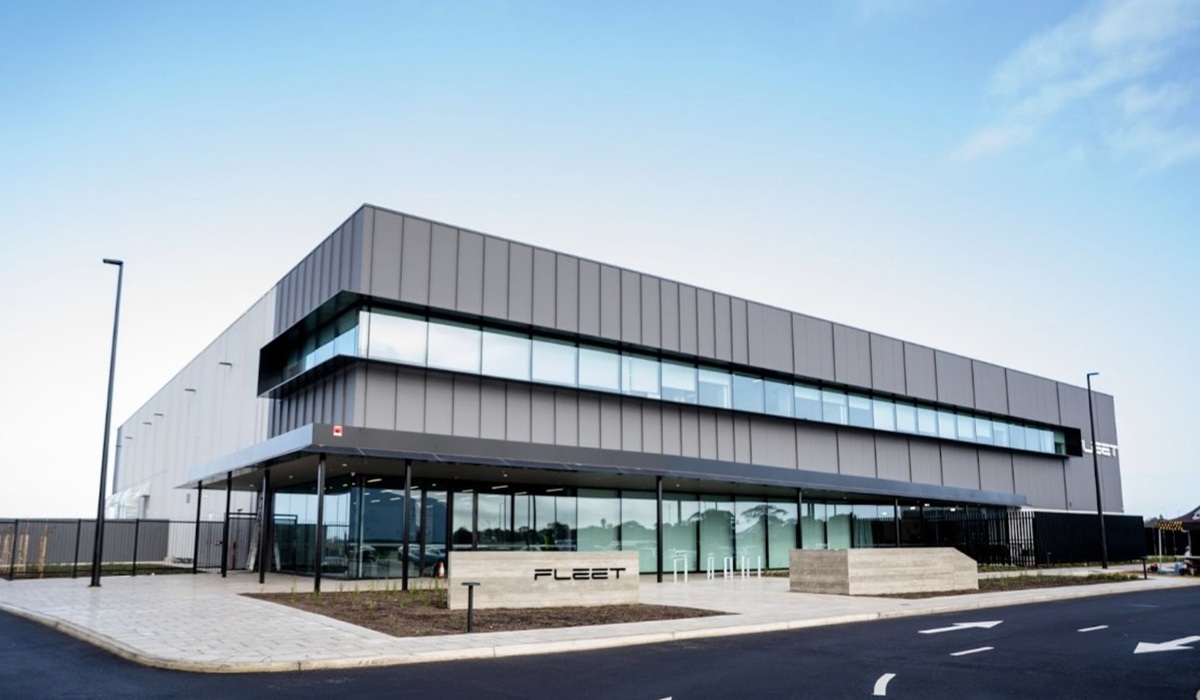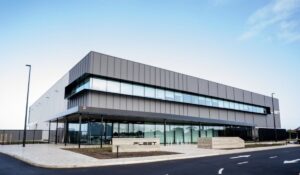Australian terrestrial and space technology company Fleet Space Technologies has officially opened its new global headquarters and “space-tech hyperfactory” in Adelaide, with CEO Flavia Tata Nardini saying the facility can help it advance “Australia’s leadership in the development of future industries”.
“Ten years ago Fleet Space began the journey of building next-gen exploration technologies – powered by the latest advances in space, agile geoscience and AI – to accelerate the energy transition and support future missions to the Moon, Mars and beyond,” Tata Nardini said this week.
“Today we are proud to open our new global headquarters and space tech hyperfactory to scale our global platform, ExoSphere, to fuel the next leap in science, technology and human exploration.”
The 5300-square-metre facility at Adelaide Airport’s Catalyst Park will be a production hub for Fleet Space geophysical sensors and satellites. Australia is the largest market for the company’s ExoSphere geoscience platform, said to have generated more than 75% of last year’s circa-A$27 million of Fleet Space sales. Globally, its customer base includes Rio Tinto, Barrick Mining, Gold Fields and Maaden.
Fleet Space says the new facility will also enable it to advance its “off-world missions”, including deployment of the lunar variant of its ExoSphere technology, SPIDER, for Firefly Aerospace’s Blue Ghost Mission 2, and surveying the near-Earth asteroid, Apophis, when it comes within 32,000km of Earth’s surface in 2029.
Co-founder and chief exploration officer Matt Pearson said Fleet Space was founded a decade ago on the belief that Australia could “shape the future of exploration and today we are delivering the agile geoscience technologies that are accelerating discovery on Earth, the Moon and Mars”.
“The scale, speed and capacity of this vertically integrated facility will equip explorers on Earth and beyond with the agile geoscience solutions needed to move from insight to action, faster – a critical step in supporting the clean energy transition and near-term ambitions to build permanent research stations beyond our planet,” he said.
Fleet Space closed a A$150 million equity funding round with a valuation of $800 million last year.








